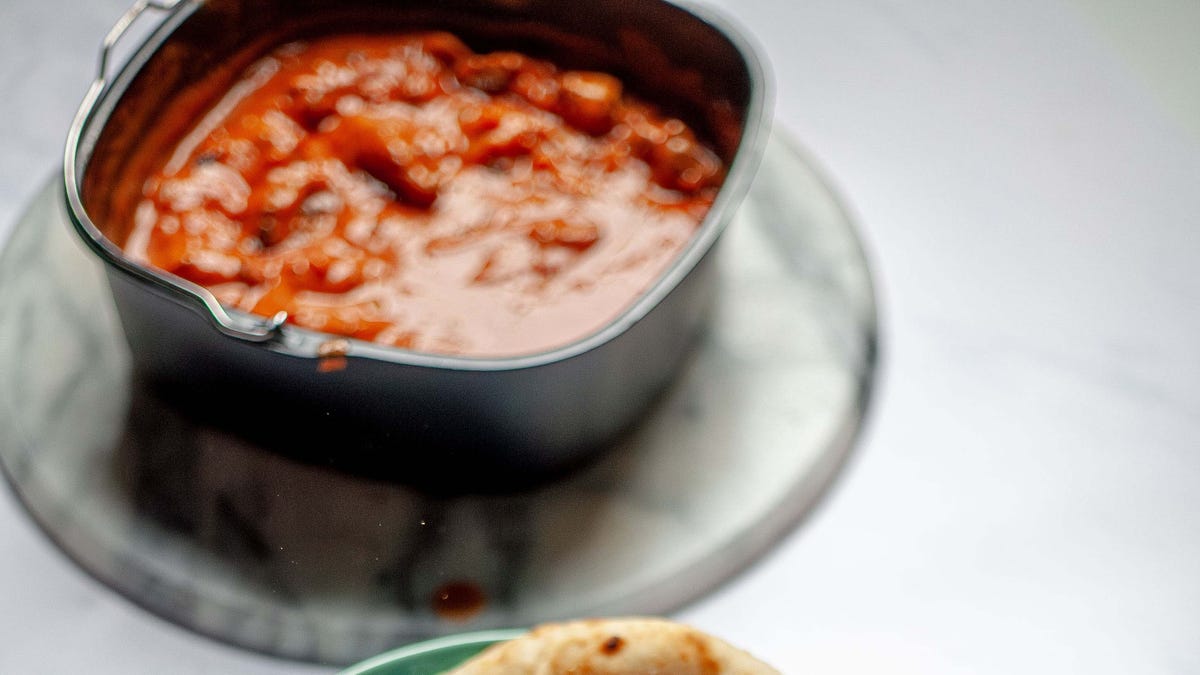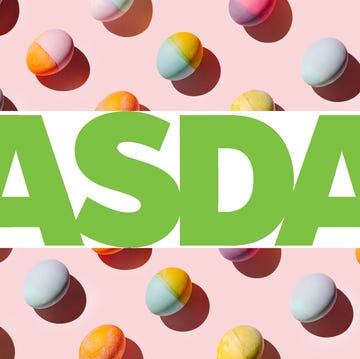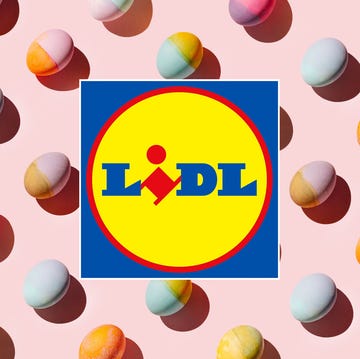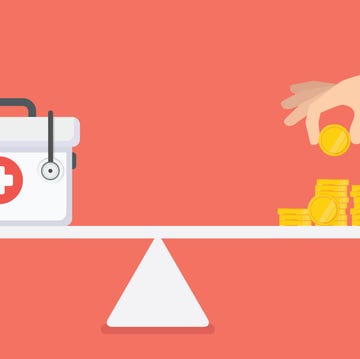Buying second-hand appliances instead of automatically buying brand new goods could save money, as well as being better for the environment, keeping unwanted items out of landfill and reducing the impact of manufacturing a new product.
The appeal of being able to save money and the planet at the same time means that the market for second-hand goods is booming, and social media is where we’re most likely to head to bag a bargain.
Almost two thirds of Brits with electrical products they no longer need put them up them for sale on social media websites, says electrical safety charity Electrical Safety First (ESF). Its data shows we’re more likely to buy or sell second-hand white goods than any other type of product. These larger appliances make up almost a quarter of all second-hand goods on sale in the UK, while small kitchen appliances account for a fifth.
Safety first
However, ESF urges caution if you are shopping for second-hand appliances. It warns of the risk of inadvertently buying products with worn-out components, older products that don’t have the most up-to-date safety features or white goods that have been recalled and which could potentially be unsafe to use.
"When buying second-hand appliances, you don't get the same protections as with new products from a trusted retailer or manufacturer, and there's limited regulation to protect you," says Giuseppe Capanna, product safety engineer at ESF. "Older products may have worn-out components, lack essential modern safety features, or be subject to recalls."
However, there are some simple checks you can carry out to ensure you're making a sensible and safe purchase. So, if you are going to buy a second-hand appliance, here are things you should bear in mind to keep you and your home safe.
Check for recalls
First, ensure the product isn't subject to a recall by asking the seller for the model number and manufacturer and checking the item on Electrical Safety First Product Checker. Sellers might not always be aware of recall notices, so it's important to check. In the UK, the response rate to an electrical product recall is worryingly low, says the ESF, largely because people often fail to register their appliances. This means that there are potentially millions of recalled electrical items still being used in the UK.
Only half of people who buy second-hand electrical goods check whether the product they’re buying has been previously recalled by the manufacturer, but this can also help build a picture of how safe a used appliance might be.
You may also be able to register an older appliance you’ve bought second-hand with its manufacturer via the Register My Appliance website. This way you’ll receive any future product recall notifications if the item turns out to be faulty or dangerous.
Check the plug and fuse
Check that the product you’re buying is fitted with a three-pin UK plug, which should include a fuse. This is especially important if you're purchasing from a UK seller, as it ensures the appliance meets basic safety standards.
Buy from a reputable retailer
Although a private seller isn’t allowed to misrepresent the item they’re selling by describing it in a way that is misleading, there’s equally no obligation for them to tell you about any faults. While many electrical safety defects in smaller appliances such as damaged plugs, leads or cables are relatively easy to spot, others will only be detectable via an electrical safety test, which is a job for a professional.
"Avoid purchasing from individual private sellers, as your legal rights in these transactions are minimal," says Giuseppe Capanna of ESF. Instead, choose established and reputable business sellers. Be wary of counterfeit products and fake online reviews and ensure that the product includes all necessary instructions and parts.
Ask about a safety test
Be sure to ask the retailer before you buy whether a second-hand appliance has passed an electrical safety test. While some independent third-party sellers may check the safety of the goods they sell privately, there is no guarantee that any such check has taken place. By going to well-known charity stores like the British Heart Foundation, which have formal processes in place for checking goods, you can be confident that electrical goods are checked before being sold to the public.
Using your senses is another effective way to evaluate an appliance before purchasing. Says Giuseppe: "Inspect it for any visible damage, listen for unusual noises like rubbing or arcing, and smell for any burning odours indicating worn-out parts or electrical faults."
For piece of mind, whatever you buy, always make sure you have a working smoke alarm in your home.
Check for safety labels
The ESF advises buyers to look for a legitimate safety certification label on the product. All electrical products made by reputable manufacturers will have one or more safety certifications on their label. Asking for the instruction manual can also help confirm the legitimacy of the product, providing further assurance of its safety and compliance.
Ask about a warranty
Just because you’re not buying new, it doesn’t necessarily mean an appliance won’t be covered by a warranty. If a second-hand appliance has been refurbished (previously used, then fixed by an engineer ready to be sold on) to a high standard, the retailer may well offer its own warranty.
And, for newer appliances that may only have ever been used in a showroom before being refurbished, the manufacturer’s warranty may still be active. The online appliance retailer AO offers either a manufacturer’s warranty or its own 12-month warranty on all of the refurbished appliances it sells through its eBay outlet store.
If you’re in the market for a small appliance such as a coffee machine or a food processor, or an electronic device such as a mobile phone, printer or TV, the refurbished products available on the Amazon Renewed store all come with a 1-year guarantee. This means you’ll get a replacement or refund if the product doesn’t work as it should in the first 12 months of you having it.
















